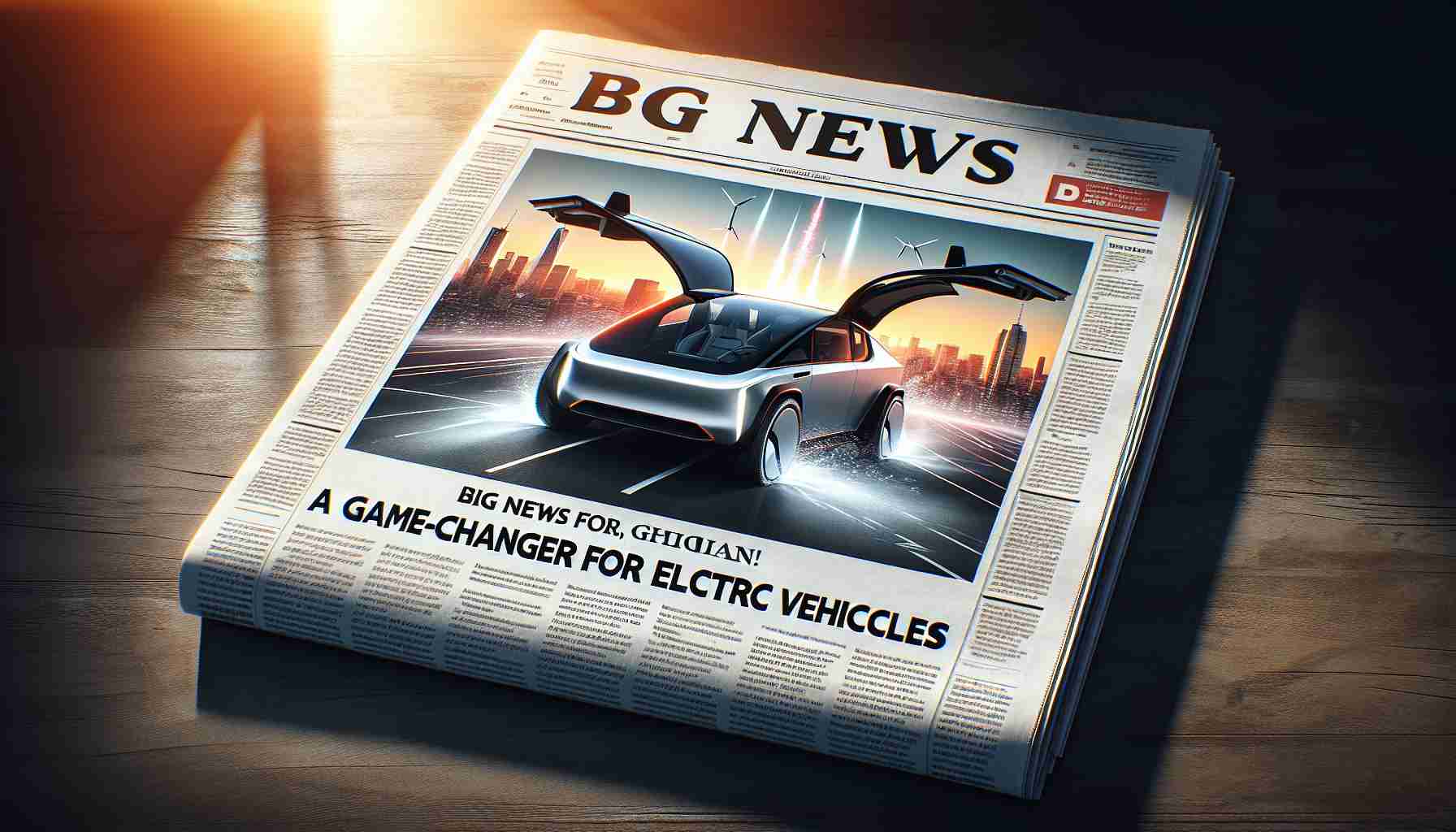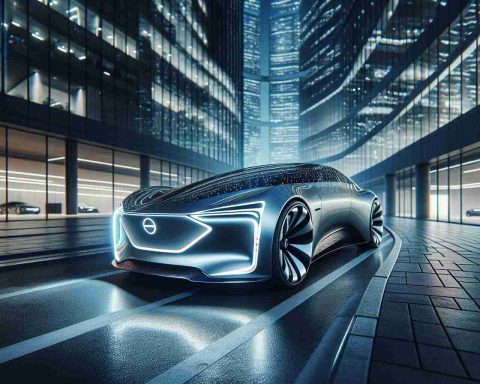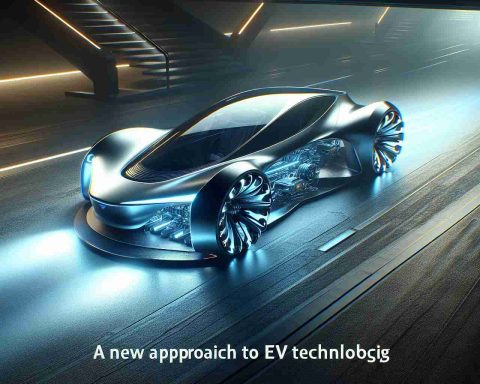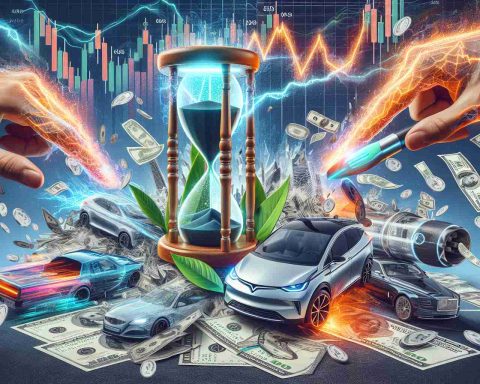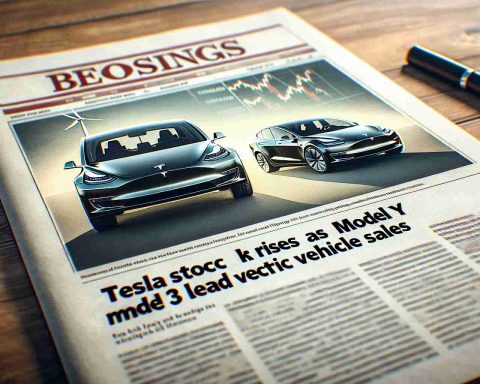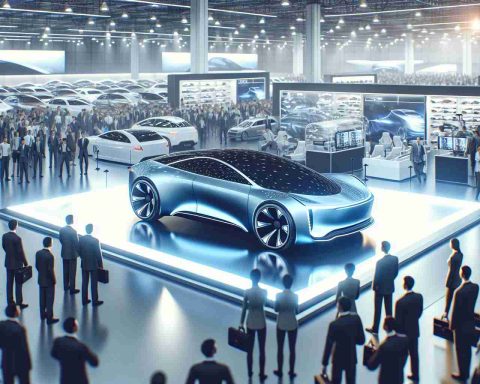Rivian’s Bold Move Towards Electric SUV Production
Rivian has secured an impressive $6.6 billion loan from the U.S. Department of Energy’s Loan Programs Office, paving the way for a new electric vehicle manufacturing site in Stanton Springs North, Georgia. This financial backing comprises $6 billion in loan principal and nearly $600 million for capitalized interest, significantly bolstering Rivian’s expansion efforts.
The ambitious initiative, dubbed “Project Horizon,” aims to establish a colossal manufacturing plant spanning nine million square feet. Upon completion, this facility is expected to churn out up to 400,000 electric SUVs and crossover vehicles each year, focusing primarily on Rivian’s all-electric midsize platform.
This new Georgia site will launch production of the much-anticipated R2 and R3 models, while Rivian continues to produce its existing lineup—including the R1S SUV, R1T pickup truck, and commercial vans—in Illinois.
According to Rivian’s founder and CEO, the loan will catalyze the fast-tracking of the Georgia plant’s launch, ultimately generating thousands of job opportunities within the state. As Rivian propels forward in the electric vehicle market, this move signals a significant step toward enhancing their production capabilities and fulfilling the growing demand for electric mobility.
Implications of Rivian’s Electric SUV Production Expansion
The establishment of Rivian’s new manufacturing site in Georgia is not merely an expansion for the company; it represents a pivotal shift in the automotive landscape and its interconnection with global economic trends. As automakers embrace electric vehicle (EV) production, they are responding to increasing consumer demand for sustainability, which is reshaping societal norms around transportation. This movement is not isolated; it aligns with broader targets aimed at reducing carbon emissions and tackling climate change, particularly as various nations commit to stringent environmental regulations by 2030.
In creating a manufacturing plant of such scale, Rivian is not only driving job creation within Georgia but also potentially revitalizing local economies that rely on traditional automotive manufacturing. With the projected 400,000 vehicles produced annually, the ripple effects could extend to a broader network of suppliers and service providers, thus reinforcing U.S. manufacturing at a time when many industries are grappling with overseas competition.
Furthermore, the environmental ramifications are significant. As the transition to electric vehicles accelerates, marked by Rivian’s plans, it raises questions about the sustainability of the entire supply chain, from lithium mining for batteries to recycling processes post-consumer use. In this context, future trends may shift towards more circular economies as manufacturers like Rivian seek to reduce waste.
Ultimately, Rivian’s venture may serve as a bellwether for the EV industry, pushing rivals to innovate and adopt similar ambitious plans, heralding a new era for transportation that prioritizes sustainability and economic growth. The long-term significance of these moves could define not just the future of Rivian, but also the future of global automotive dynamics and environmental policy.
Rivian Charges Forward: Transforming the Electric SUV Landscape
Rivian’s Ambitious Expansion Plans
Rivian, the electric vehicle (EV) manufacturer known for its distinct approach to sustainable transportation, has made waves in the industry with a significant financial boost. The company secured a remarkable $6.6 billion loan from the U.S. Department of Energy, which marks a pivotal investment aimed at building a state-of-the-art manufacturing facility in Stanton Springs North, Georgia. This financial infusion includes $6 billion in loan principal and nearly $600 million earmarked for capitalized interest.
Project Horizon: A Game-Changer for Rivian
The initiative, codenamed “Project Horizon,” is poised to establish a massive production site, covering an area of nine million square feet. Rivian intends to manufacture an impressive 400,000 electric SUVs and crossover vehicles annually, specifically targeting the launch of its upcoming R2 and R3 models. This facility demonstrates Rivian’s commitment to expanding its product lineup while fulfilling increasing consumer demand for electric vehicles.
# Features of the New Manufacturing Plant
1. Scale of Production: Once operational, the facility will produce a significant volume of electric SUVs, reinforcing Rivian’s presence in the market.
2. Investment in Technology: The plant will incorporate advanced manufacturing technologies, aimed at enhancing efficiency and sustainability in production methods.
3. Job Creation: The development of the Georgia site is expected to generate thousands of jobs, contributing positively to the local economy.
Current Production and Future Goals
While the Stanton Springs plant moves forward, Rivian maintains its existing production operations in Illinois, where the R1S SUV, R1T pickup, and commercial vans are currently being manufactured. The dual-factory approach allows Rivian to scale production effectively across multiple platforms.
Pros and Cons of Rivian’s Expansion
# Pros:
– Increased Production Capacity: Rivian can meet the rising demand for electric vehicles.
– Regional Economic Growth: The new facility will create job opportunities, boosting the local economy.
– Enhancements in Automotive Technology: The investment may lead to innovations in EV manufacturing processes.
# Cons:
– Financing Risks: Dependence on large loans can pose financial risks if production targets aren’t met.
– Market Competition: Rivian faces fierce competition from established EV brands and upcoming manufacturers.
Trends in the Electric Vehicle Market
As Rivian embarks on this ambitious project, the EV market is witnessing several trends:
– Growing Consumer Preferences: More consumers are shifting towards electric vehicles for their environmental benefits.
– Government Support: Increased governmental incentives for EV production and purchases are supporting the industry.
– Technological Innovation: Continuous advancements in battery technology and manufacturing processes are crucial for the sustainability of electric vehicles.
Conclusion
Rivian’s $6.6 billion loan from the U.S. Department of Energy is a bold step toward enhancing its production capabilities and fulfilling the growing demand for electric mobility. As the company launches its Project Horizon in Georgia, it stands poised to become a major player in the electric SUV market, contributing not only to technological advancements but also to economic growth in the region.
For more insights on electric vehicles, sustainability, and innovation in transportation, visit Rivian.

